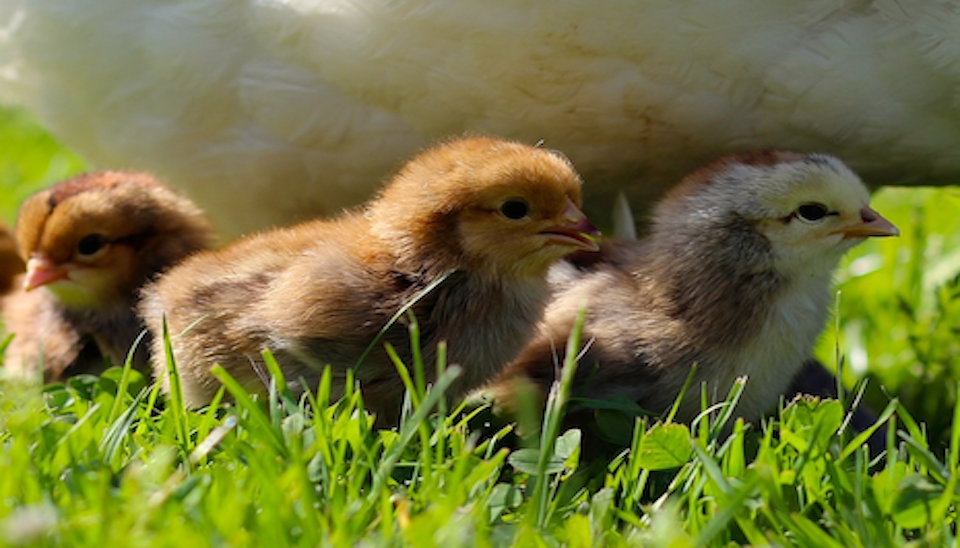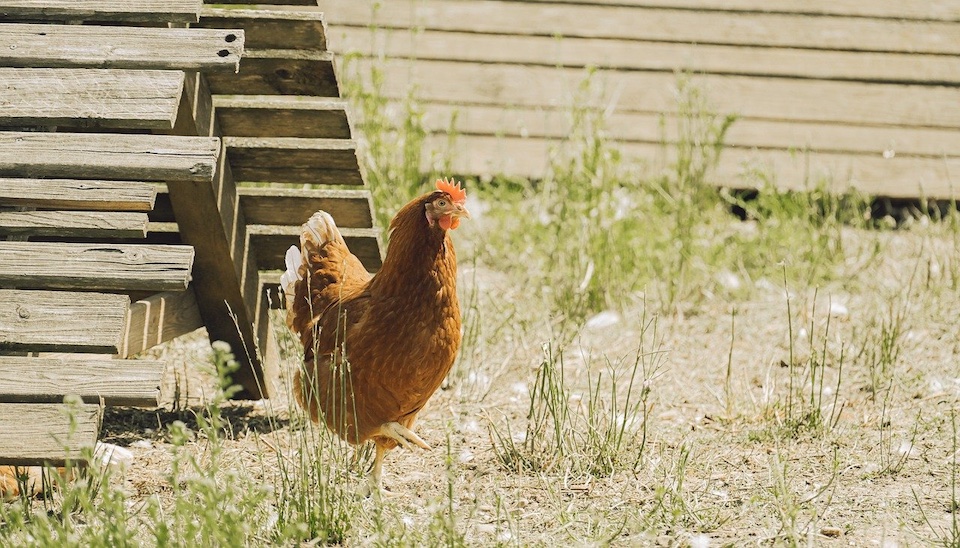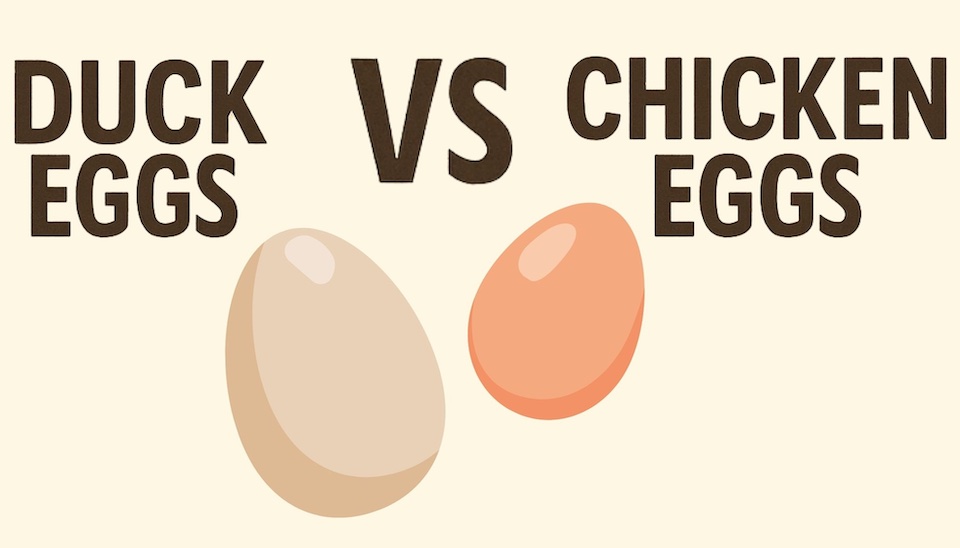Vitamin E Deficiency In Chickens
Recognise and Treat Vitamin E Deficiency in Chickens
Vitamin E is an essential vitamin for chickens, especially for laying hens. Without enough in their diet, your chickens may struggle to lay eggs, show signs of illness, and even develop serious health problems. Luckily, vitamin E deficiency can be treated and prevented with the right supplements and care.
Products like Dine-A-Chook Liquid Vitamins (containing vitamin E and other essential nutrients) and Dine-A-Chook Mega Mineral (has vitamin E and is also rich in selenium, which works with vitamin E) can help keep your chickens healthy and thriving.
Learn how to recognise and treat and vitamin E deficiency in chickens.
Symptoms of a Vitamin E Deficiency in Chickens
Chickens require all known vitamins in order to be healthy.
Vitamin E is especially important and contributes to egg production, fertility, immune response and the functioning of nerves, muscles and the circulatory system.
One study found that in hens with depleted vitamin E, egg production fell by as much as 50 % and their hatch rate decreased from 84-94% to as little as 1.3 %.
Symptoms of a vitamin E deficiency include:
- Crazy chick disease (encephalomalacia)
- Wry neck (twisting or inability to hold up the head)
- Decreased laying
- Muscular dysfunction
- Weakness
- Inability to walk
- Bowed legs
- Greenish-blue skin
- Muscle spasms
- Inability to control head (to turn it, hold it up or lower it)
- Haemorrhages
- Paralysis
- Enlarged hocks
- Poor growth
- Poor feed conversion
- Increase susceptibility to disease and parasites
- Decreased fertility
Vitamin E deficiency presents most severely in chicks. Chicks that cannot walk or move their head are often suffering from a vitamin E deficiency inherited from their mother.
Treat a Vitamin E Deficiency in Chickens
If your chickens are showing signs of vitamin E deficiency, the first step is to provide a vitamin E supplement.
A multi-vitamin like Liquid Vitamins provides a vitamin E boost for chickens who might have a deficiency.
If you are worried about providing enough vitamin E, try adding a little Dine a Chook Mega Mineral to your chicken's diet or some high-vitamin E treats like pumpkin seeds, sunflower seeds, spinach, chard, dandelion and nettle.
And remember, if you think your birds are suffering from any disease or illness, including deficiency, they should always be seen by a licensed animal healthcare professional.
Benefits of Vitamin E for Chickens
Vitamin E has lots of benefits for chickens, including:
- Greater resistance to heat stress
- Strengthened immune response, including to E. coli
- Improved laying
- A better hatch rate
- Higher levels of vitamin E in eggs and meat
How Much Vitamin E Do Chickens Need?
The general recommended dosage for vitamin E in chickens is 10-50 IU (International Units) per kilogram of feed, depending on their age, health, and stress levels. However, in cases of deficiency or health problems like wry neck, higher doses may be needed temporarily.
For wry neck or severe deficiency, a dose of 400 IU of vitamin E per chicken per day can help until symptoms improve.
The Connection Between Vitamin E and Selenium
Vitamin E and selenium work together to protect your chickens' cells and support their immune systems. Selenium is a trace mineral that helps activate vitamin E, making it more effective in fighting stress and inflammation.
- Why is selenium important? It prevents vitamin E deficiency from worsening and helps improve the overall effectiveness of your supplements.
- What happens if chickens lack selenium? Even with enough vitamin E, your flock could still experience issues like muscle degeneration, poor fertility, or reduced immunity without selenium.
Adding Dine-A-Chook Mega Mineral to your chickens' diet ensures they get the selenium they need for balanced nutrition.
Where to Buy Vitamin E for Chickens
You can find Dine-A-Chook Liquid Vitamins and Mega Mineral online at Dine-A-Chook. These products are trusted by backyard chicken keepers across Australia for keeping hens healthy and productive.
Happy chicken keeping!
Rachael - Dine-A-Chook Australia
Other articles you might find useful:



